
A rare disease patient works as a volunteer in Beijing. [Photo by Li Muyi/For China Daily]
Schooling difficulties
Thanks to the nation's streamlined medical regulatory mechanism and a system to encourage innovation in meeting medical needs, more than 70 therapies for 60 rare diseases have become available in China due to accelerated drug approvals in recent years.
However, rare disease patients still encounter difficulties such as getting an education.
Li, the mother, said that only one kindergarten had reluctantly agreed to accept her son, but it did not allow the boy's parents to accompany him on campus.
"If we cannot be with him, I will be concerned about his safety. But if he doesn't go to kindergarten, he will have problems with social interaction," she said.
Xing, from the Mei'er patient community, said most young SMA patients do not go to kindergarten or even primary and junior middle school. Various reasons have been cited for this, such as a lack of elevators and barrier-free facilities, along with difficulties in using toilets on campus.
Yin Mei, from Chengdu, whose 6-year-old son has SMA, said, "We really hope that such children can receive an equal education and contribute to society after drugs give them the chance to survive."
In July, the boy, initially predicted by doctors to live for only up to four years and who used to require frequent treatment in intensive care units, received his first therapy thanks to the policy in Chengdu.
"My son is really clever. He could recite dozens of traditional Chinese poems before he was 2 and is also accomplished at math," Yin added.









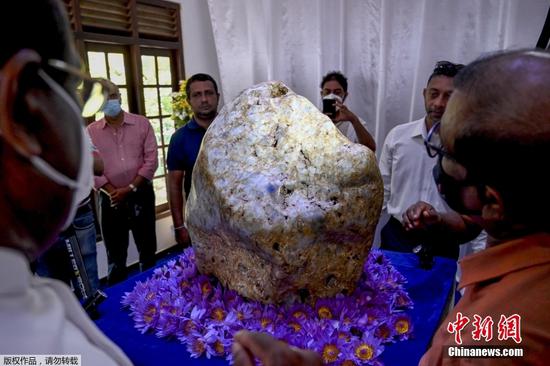
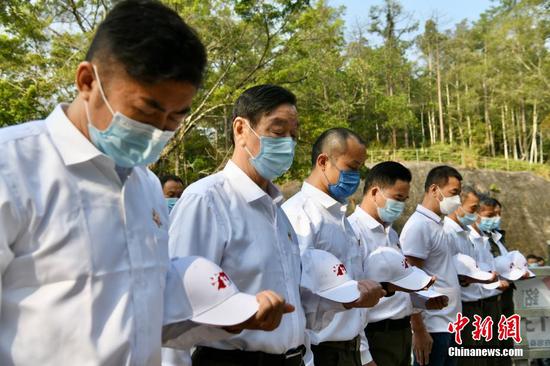



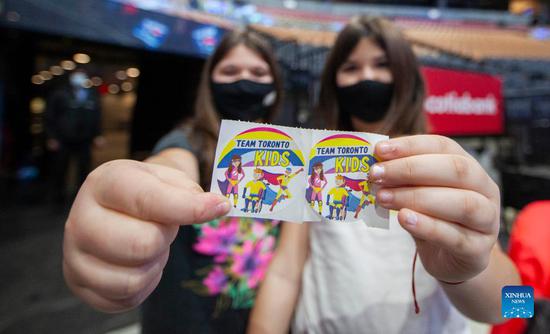
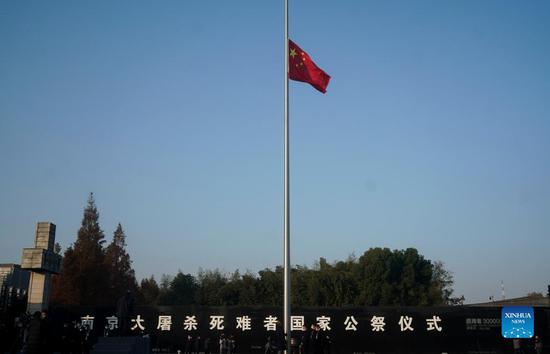
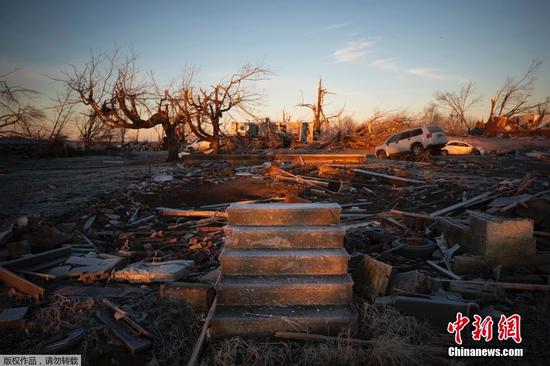
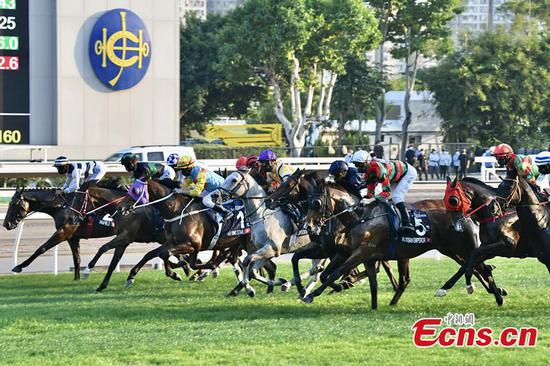
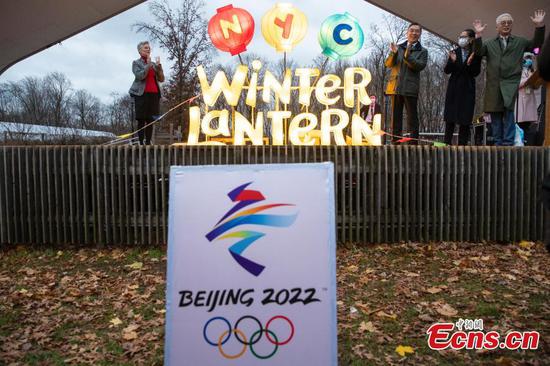
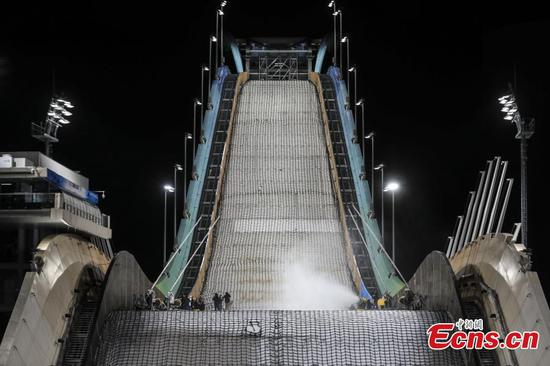

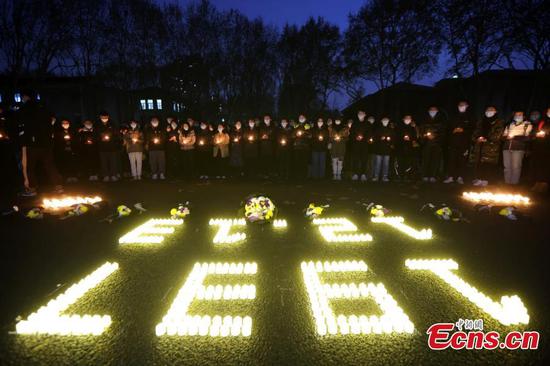
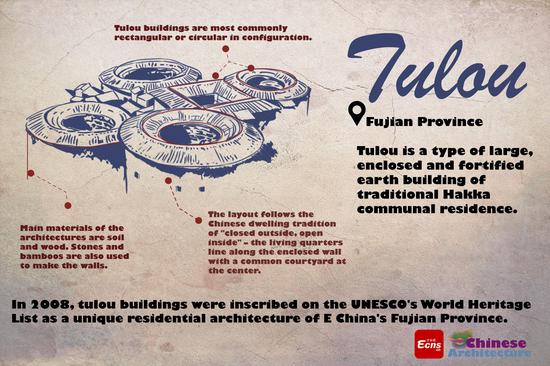


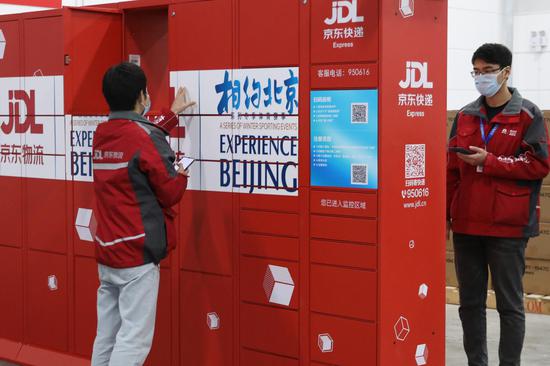
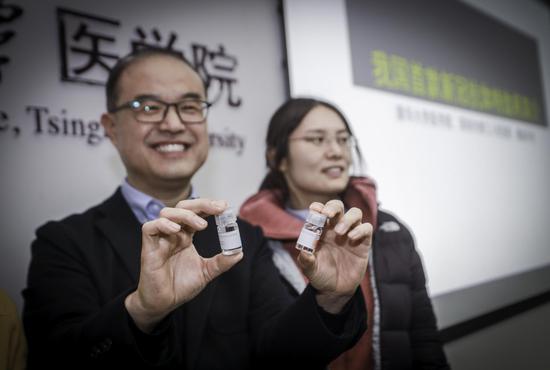
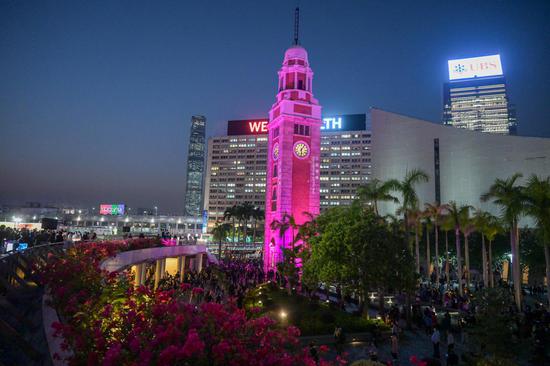
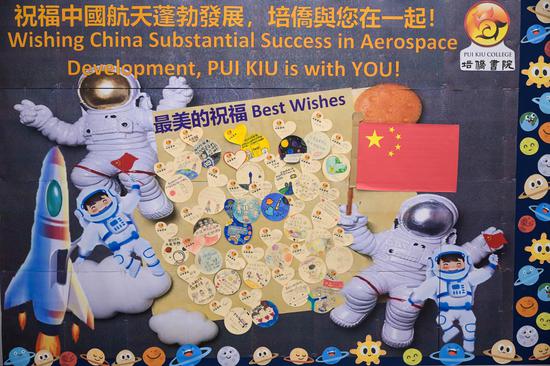
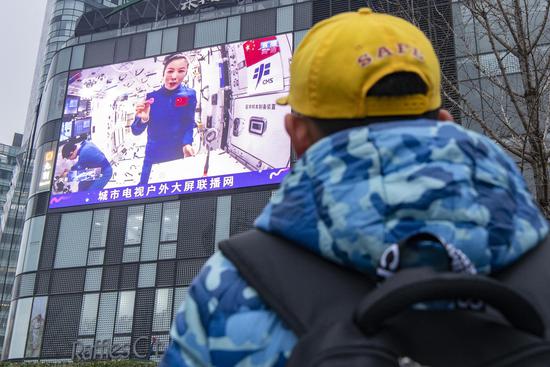
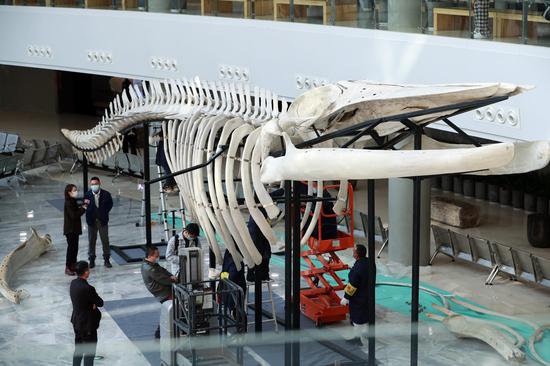
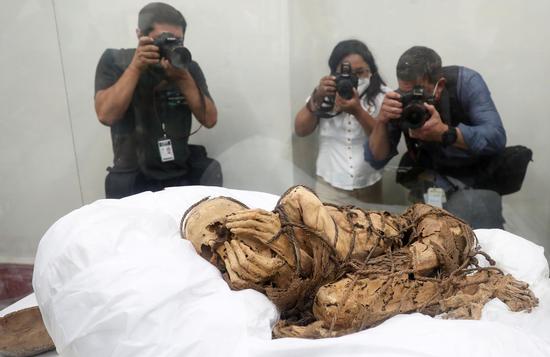

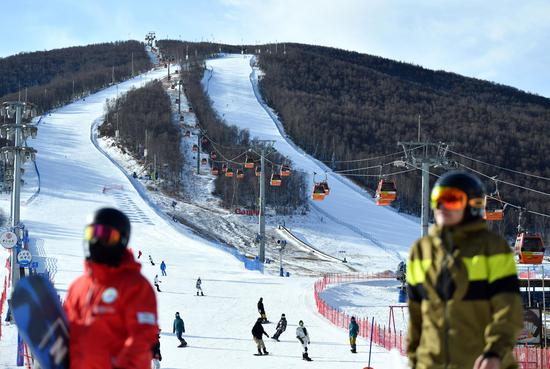
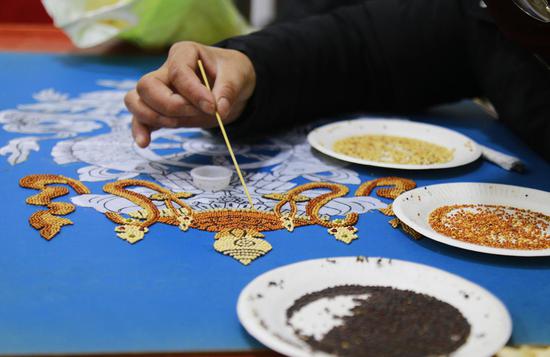
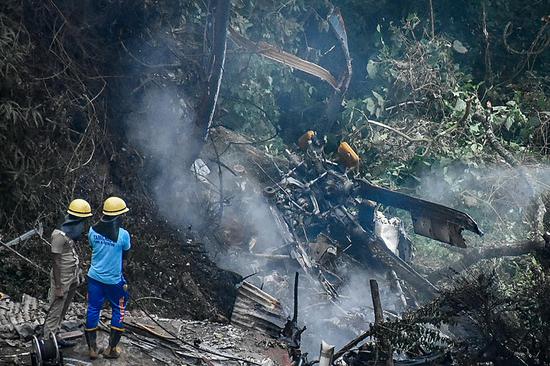



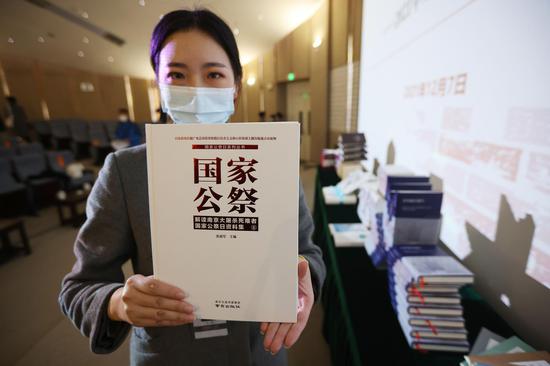




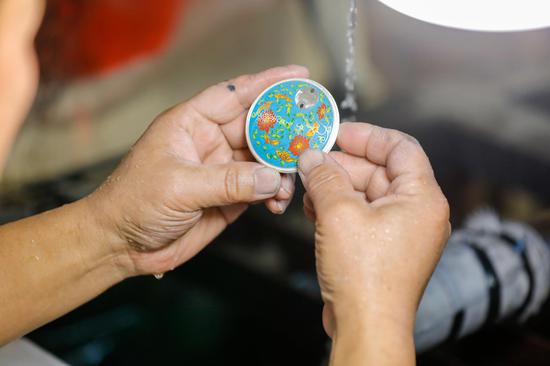





 京公网安备 11010202009201号
京公网安备 11010202009201号
